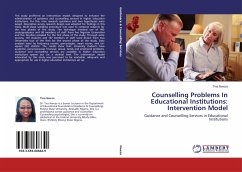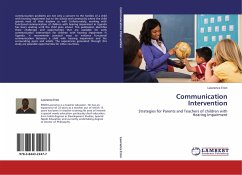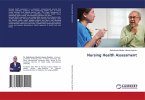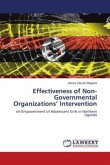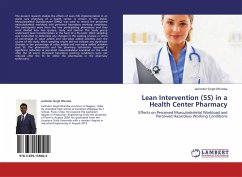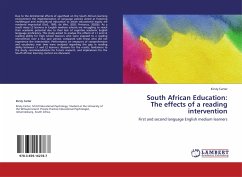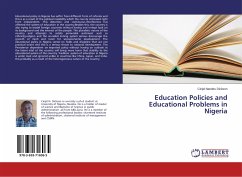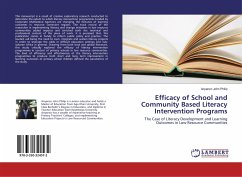This study proffered an intervention model, designed to enhance the administration of guidance and counselling services in higher education institutions. For this, nine research questions and two hypotheses were posed. Descriptive survey research design was adopted for findings in this study. Multi-stage sampling procedure was used to compose subjects for the two phases of the study. The technique involved use of 495 undergraduates and 98 members of staff from five Nigerian Universities and five faculties sampled for the first phase of the study. Through same process, 197 students and 197 members of staff were drawn from two Universities (out of the five) for the second phase of the study. Data analyses were by frequency counts, percentages, mean scores, and chi-square (X2) statistic. The results show that: University students have academic, personal-social, financial, sexual, family and emotional problems. Guidance and counselling services are available in higher education institutions system but on a skeletal level. The intervention model advocated by this study was perceived to be workable, adequate and appropriate for use in higher education institutions set up.
Bitte wählen Sie Ihr Anliegen aus.
Rechnungen
Retourenschein anfordern
Bestellstatus
Storno

